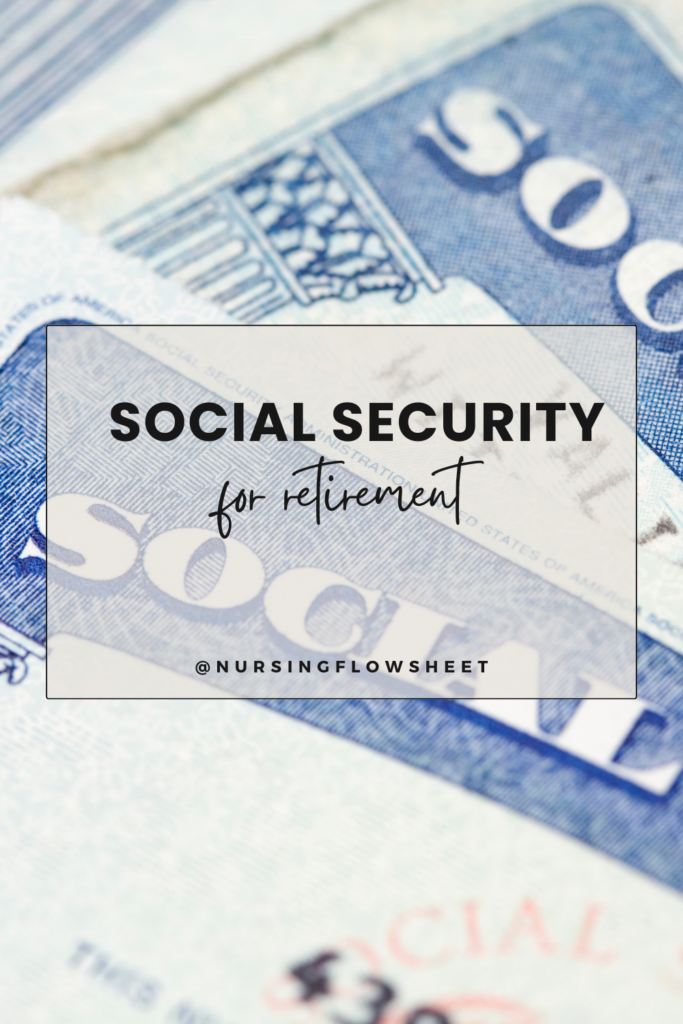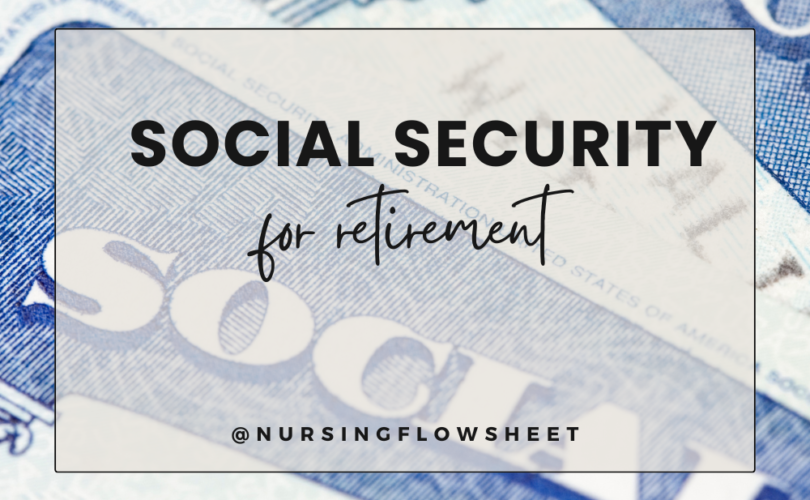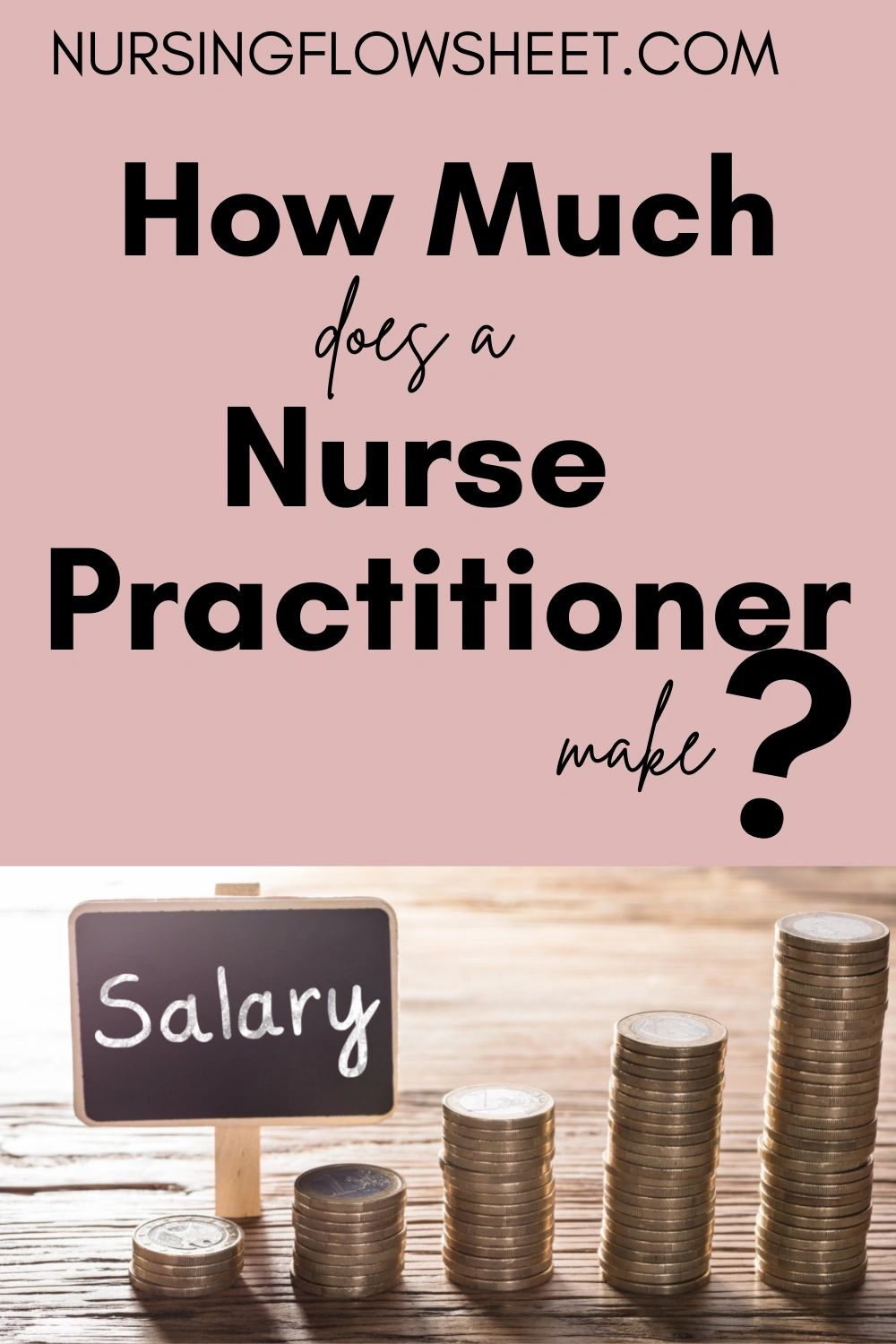When it comes to planning for retirement, though, you need to put yourself first. While Social Security benefits may seem like a safety net, they’re not enough to provide a comfortable retirement—and relying on them alone could put your future at risk. Let’s break down the facts, numbers, and why you need to take charge of your financial freedom now.

Understanding Social Security Benefits for Nurses
Social Security benefits are designed to replace part of your pre-retirement income based on how much you earned during your working years. For nurses, the average Social Security benefit might surprise you:
- The average Social Security retirement benefit in 2024 is only about $1,907 per month (or $22,884 per year). This amount is far from sufficient to maintain even a modest lifestyle in retirement, especially for nurses used to earning $70,000 to $100,000+ annually.
- Social Security is based on your lifetime earnings, but it only replaces about 40% of your pre-retirement income if you have average earnings. High earners—like many experienced nurses—could see even less of their income replaced.
Simply put, Social Security will only provide a small fraction of what you need to live comfortably.
Why You Should Not Rely on Social Security Alone
1. Social Security Is Not Designed to Be Your Sole Income
The Social Security Administration (SSA) makes it clear: benefits are meant to supplement your income, not replace it. Yet, statistics show that many Americans are overly dependent on Social Security:
- 40% of retirees rely solely on Social Security for their income.
- For retirees aged 65 and older, 14% live in poverty, often because they didn’t have enough savings or investments outside of Social Security.
As a nurse, your quality of life shouldn’t depend on a bare-bones check. If you’re planning to rely on Social Security alone, you’re setting yourself up for financial stress.
2. Social Security Funds Are Running Low
The Social Security program faces significant funding challenges. According to the 2023 Trustees Report:
- The Social Security trust fund is projected to run out by 2034 if no changes are made.
- After 2034, benefits may be reduced to about 77% of what is currently promised. For a nurse expecting $1,907 per month, that could mean receiving only $1,468.
With these uncertainties, it’s risky to depend on Social Security as your primary source of retirement income.
3. Inflation Will Erode Your Benefits
While Social Security does include cost-of-living adjustments (COLAs), they often fall short of true inflation. In 2022 and 2023, COLAs were higher due to soaring inflation, but historically, annual adjustments average just 2-3%.
For nurses accustomed to rising costs for housing, healthcare, and daily living, Social Security’s COLAs may not keep up. Over 20-30 years in retirement, your buying power could significantly decline.
4. Healthcare Costs Will Eat Up Your Benefits
One of the biggest expenses in retirement is healthcare—and it’s only getting worse:
- The average retired couple will need about $315,000 just to cover healthcare expenses throughout retirement, according to Fidelity’s 2023 report.
- Medicare, which kicks in at age 65, doesn’t cover everything, leaving gaps you’ll need to pay out of pocket.
If your Social Security benefit is already small, healthcare costs alone could wipe it out, leaving you with little for living expenses.
Take Control of Your Retirement as a Nurse
Relying on Social Security alone is a risky plan. As a nurse, you have the power to build a solid retirement strategy that provides security, freedom, and peace of mind.
1. Start Investing Early
The earlier you start investing, the more time your money has to grow through compound interest. Options include:
- Employer-sponsored 401(k) plans (often with matching contributions)
- IRAs (Traditional or Roth)
- Brokerage accounts for additional investing
Even investing a small amount consistently can add up to substantial wealth over time.
2. Diversify Your Income Streams
Creating multiple streams of income will help you build financial stability outside of Social Security:
- Side hustles or PRN shifts
- Rental properties or real estate investments
- Dividend-paying stocks
Diversification reduces your dependence on any single source of income.
3. Plan for Healthcare Costs
Consider opening a Health Savings Account (HSA) if you’re eligible. HSAs offer triple tax advantages and can help you save for healthcare costs in retirement.
4. Maximize Your Financial Literacy
Understanding how to budget, save, invest, and manage your money is crucial. Programs like Employ Your Money can empower you to take control of your finances and plan for a retirement where you’re not just surviving—you’re thriving.
Final Thoughts
While Social Security can provide some support in retirement, it’s far from enough for nurses to rely on alone. By taking action now, you can build a retirement plan that gives you the freedom to enjoy life—whether that means traveling the world, spending time with family, or simply living without financial stress.
You work hard caring for others every day. It’s time to care for yourself and your future. Start planning, investing, and creating the retirement you deserve—because Social Security isn’t going to do it for you.







